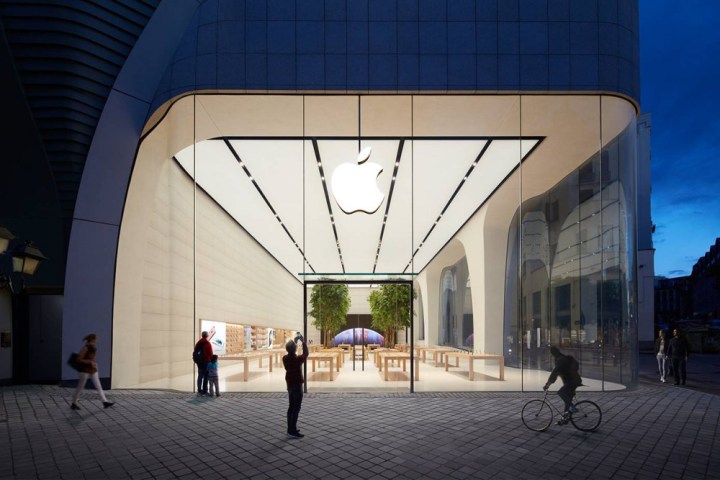
Prior to the changes, in order for companies to open single-brand retailers in India, 30 percent of the components used in their products need to be locally sourced. With the changes now in effect, companies will be given a three-year grace period, during which the aforementioned requirement doesn’t need to be followed.
After the three years are up, companies need to comply with the local sourcing requirement. However, if they sell state-of-the-art or cutting edge technology, the Indian government could extend the grace period by an extra five years. The hope, at least in theory, is that companies will figure out local manufacturing during the grace period.
This is where Apple comes in, which has reportedly been trying to open Apple Stores in India, and sought approval to do so back in April. The company wasn’t given an exception to the local sourcing rule, thus denying the possibility of opening an Apple Store, but it was also prevented from directly selling refurbished iPhones. Currently, the only way to buy an iPhone in India is through third-party sellers.
With these new rules, however, it now appears that Apple qualifies for an exception of up to five years (though the Indian government has not yet explicity said so). To possibly qualify under the new rules, Apple will need to re-apply for permission to open Apple Stores in India. Seeing how Apple has already expressed interest in the Indian market, plus Apple chief executive officer Tim Cook’s May meeting with India Prime Minister Narendra Modi, the company is expected to apply quickly.
Digital Trends reached out to Apple for comment regarding the rule changes, but Apple has yet to reply.


